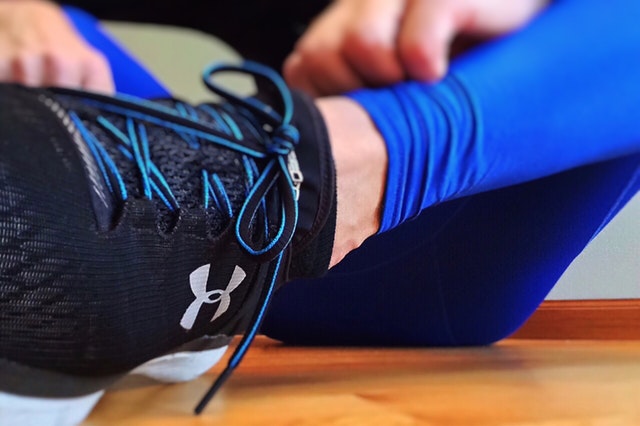Restless leg syndrome is a problem that many people talk about but few know what it actually is. It is common — more than 3 million Americans are affected by it each year, and it can occur in any age group, though it’s more common in adults than children. It’s also more common in women. If you are curious about restless leg syndrome, or Willis-Ekbom Disease as it is often called, read on to learn more about the symptoms, treatment, and whether it can affect your vein health.
What is Restless Leg Syndrome?
Restless leg syndrome is often classified as a sleep disorder, though its origins are not exactly known. The most common symptoms are:
- Itching, tingling sensations in the legs — it can feel like bugs are crawling across your skin. This symptom may occur in the arms, as well.
- The urge to move the legs during periods of rest, such as while asleep at night or while sitting down to watch a movie.
- Restlessness, such as tossing and turning or constantly feeling the need to rub the legs.
- Inability to sleep comfortably and problems with staying awake, concentrating, or using memory during the daytime.
- Involuntary jerking of the legs, particularly during sleep or periods of inactivity.
What causes Restless Leg Syndrome?
Once upon a time, scientists believed that restless leg syndrome was related to disease of the nerves or blood vessels in the legs, but today, they believe it has more to do with the brain and the central nervous system. Research is still underway to determine an exact cause. However, some doctors have noticed that restless leg syndrome goes hand in hand with conditions like anemia, kidney disease, pregnancy, vitamin deficiency, and neuropathy. Some medications and substances like alcohol or caffeine may also play a role in the development of the disease, as can your family history.
Is Restless Leg Syndrome Related to Varicose Veins?
Many people who suffer from restless leg syndrome may wonder if it can lead to varicose veins, and those who suffer from varicose veins may wonder if they can lead to restless leg syndrome. Studies have shown that many people who suffer from one may also suffer from the other, but no direct link between the two conditions has been made. Unfortunately, the symptoms of varicose veins and restless leg syndrome often mimic each other. In some cases, treating varicose veins helps alleviate the symptoms of restless leg syndrome, too.
What are Some Ways to Treat Restless Leg Syndrome?
Your doctor can help you come up with a treatment plan for both your varicose veins and your restless leg syndrome. There are some things you can do at home, but if you are undergoing medical treatment for either condition, be sure to talk to your doctor first. They include:
- Applying warm or cool compresses to the affected areas
- Regular leg massages
- Managing stress levels
- Getting at least 30 minutes of exercise each day
- Creating a regular bedtime routine.
- Increasing your intake of vitamins and minerals like iron, magnesium, and vitamin B
- Avoiding caffeine and alcohol




